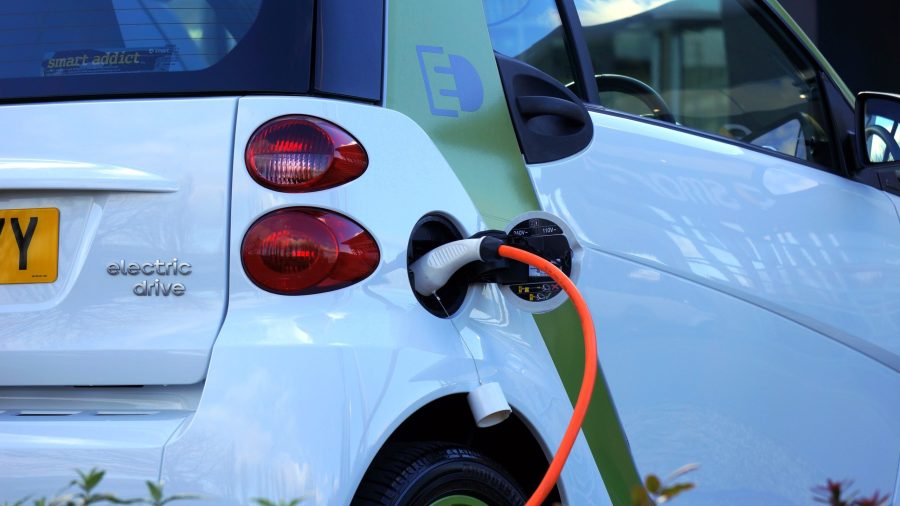The Rise of Electric Cars and their Impact on the Automotive Industry
The automotive industry is undergoing a significant transformation as electric vehicles (EVs) surge in popularity, reshaping the way we think about transportation and sustainability. Electric cars are no longer a futuristic concept; they are becoming a tangible reality, with an increasing number of consumers opting for greener and more efficient alternatives to traditional internal combustion engines. Join us as we explore the rise of electric vehicles and their impact on the automotive industry and the environment.

Electric vehicles offer numerous advantages over their gasoline-powered counterparts. One of the key benefits is their significantly reduced carbon footprint. By relying on electricity instead of fossil fuels, EVs produce zero tailpipe emissions, making them a crucial component of efforts to combat climate change and improve air quality. As countries around the world strive to reduce greenhouse gas emissions, the transition to electric cars plays a vital role in achieving these sustainability goals.
The advancement in battery technology has been instrumental in driving the adoption of electric vehicles. Lithium-ion batteries, with their improved energy density and longer range, have addressed the earlier limitations of limited driving distances. Today's electric cars can travel hundreds of miles on a single charge, offering practicality and convenience comparable to traditional gasoline-powered vehicles.
In addition to environmental benefits, electric vehicles offer significant cost savings. While the initial purchase price of an electric car may be higher than a conventional vehicle, the long-term savings on fuel and maintenance can be substantial. Electricity costs are generally lower than gasoline prices, resulting in reduced fuel expenses for EV owners. Furthermore, electric cars have fewer moving parts and require less maintenance, leading to lower overall operating costs.
The growing popularity of electric vehicles has spurred investment and innovation within the automotive industry. Major automakers are ramping up their electric vehicle offerings, introducing new models and expanding their electric vehicle lineup. This competition has led to advancements in design, performance, and charging infrastructure, addressing consumer concerns about range anxiety and charging availability.
Moreover, governments around the world are incentivizing the adoption of electric vehicles through financial incentives, tax credits, and the development of charging infrastructure. These initiatives aim to accelerate the transition to a greener transportation system and pave the way for a more sustainable future.
However, challenges remain in the widespread adoption of electric vehicles. The availability of charging infrastructure, especially in rural areas or regions with limited access to electricity, is an ongoing concern. The development of fast-charging networks and the expansion of charging stations are critical to support long-distance travel and alleviate range anxiety among potential EV buyers.
Battery technology continues to evolve, with researchers and manufacturers working on advancements to improve energy density, charging speed, and overall lifespan. Breakthroughs in battery technology, such as solid-state batteries or alternative materials, have the potential to further revolutionize the electric vehicle market, making EVs even more accessible and practical for consumers.
In conclusion, electric vehicles are reshaping the automotive industry and playing a vital role in the transition to a sustainable future. With their reduced carbon footprint, cost savings, and technological advancements, electric cars are gaining traction among consumers and policymakers alike. As the global focus on environmental sustainability intensifies, the rise of electric vehicles signifies a transformative shift in the way we drive, accelerating us towards a cleaner and greener transportation landscape.


